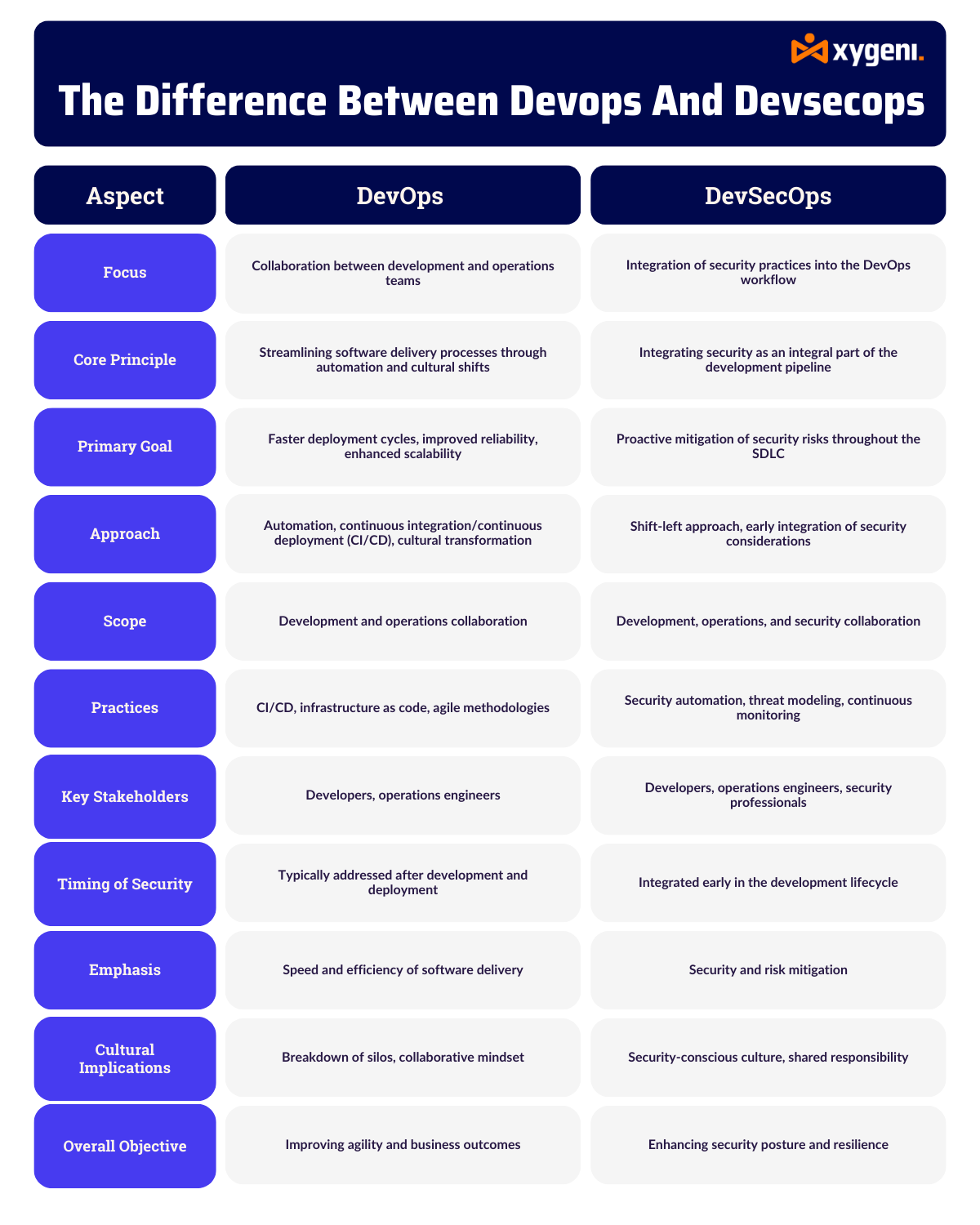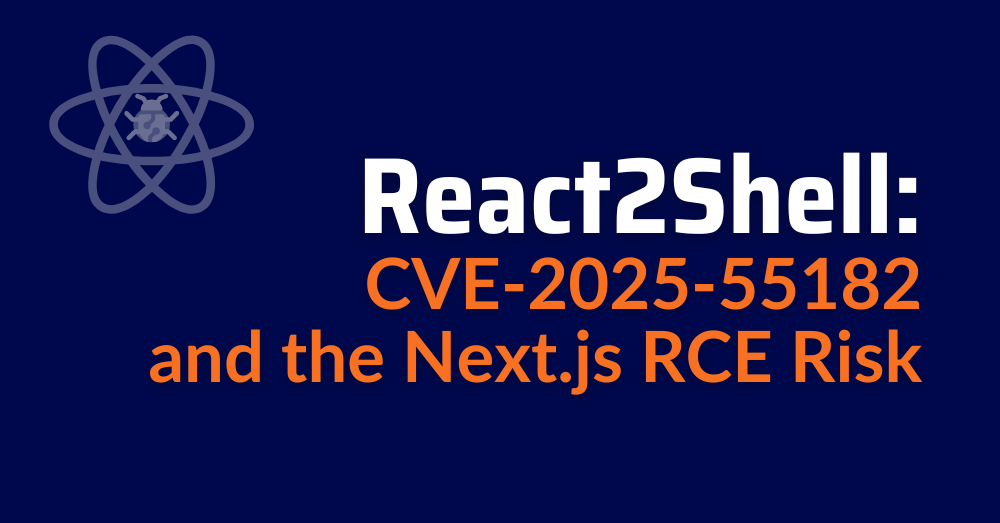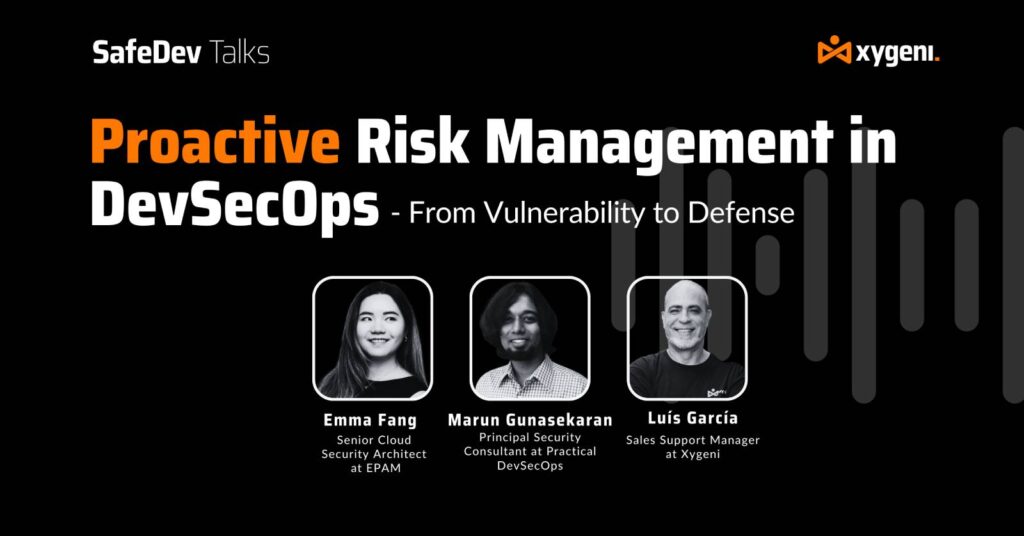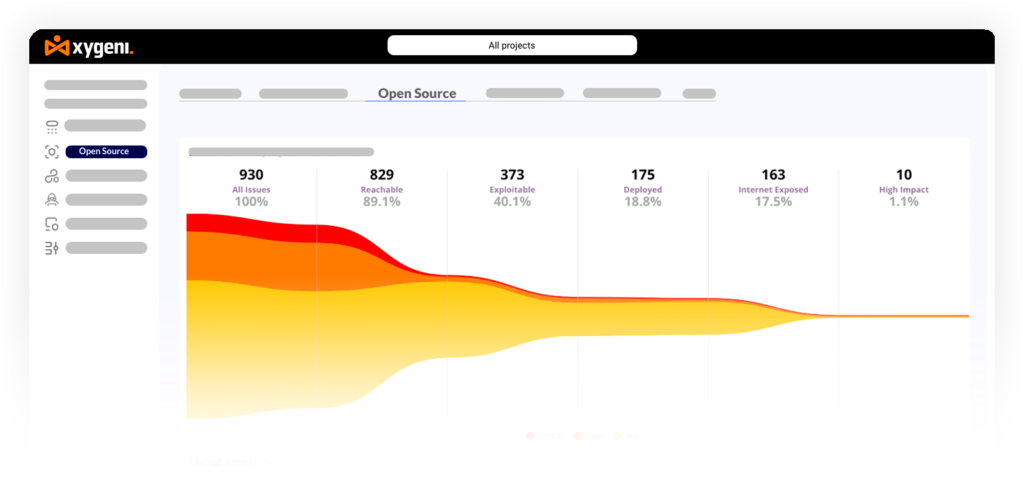Building secure software starts early—it can’t be something you fix at the end. That’s the main difference between DevOps and DevSecOps. DevOps changed how teams work by bringing developers and operations together. DevSecOps takes it further by adding security into every step of the process. In this post, we’ll break down DevOps vs DevSecOps, explain why DevOps security matters, and help you see how both approaches can work better together.
Xygeni Glossary
What is DevSecOps?
DevSecOps, short for Development Security Operations, is a philosophy and set of practices that seamlessly integrates security measures into the software development lifecycle (SDLC). It extends the principles of DevOps by ensuring that security is considered at every stage of the development process, from code writing to deployment and beyond.
DevOps vs DevSecOps: Understanding the Evolution of Software Delivery
Not long ago, development and operations teams worked in isolation. Code changes moved slowly, and last-minute surprises were common. Then again, everything changed when DevOps introduced a culture of collaboration, automation, and continuous delivery. Teams began working side-by-side, shipping faster and more reliably.
At the same time, security often remained an afterthought—something bolted on after the software had already been built. That’s where the real transformation begins.
Why Security in DevOps Was an Afterthought
To begin with, DevOps brought developers and ops together, streamlining deployments and shortening feedback loops. But it didn’t fully address the growing need to secure modern software environments.
DevSecOps changed that. Instead of treating security as a checkpoint at the end, DevSecOps weaves it into every stage of the software lifecycle. Static analysis, dependency checks, and policy enforcement now happen automatically—right in the CI/CD pipeline.
In other words, DevOps is about speed and collaboration. DevSecOps adds built-in security without sacrificing agility.
The Difference Between DevOps and DevSecOps in Shifting Security Left
To clarify, the core difference between DevOps and DevSecOps lies in ownership and timing. DevOps focuses on delivering software quickly through collaboration and automation. DevSecOps does the same—but with an added emphasis on shifting security left.
For instance, in a DevOps setup, vulnerabilities might go unnoticed until late-stage testing or even production. In DevSecOps, automated security checks run during development and integration, catching issues early and minimizing risk.
As a result, DevSecOps empowers teams to move fast and stay secure.
If you’re ready to put this approach into action, check out these DevSecOps best practices—a practical guide to building workflows that scale securely from the start.

Why DevOps and Security Must Evolve Together
Let’s be honest—keeping security in a silo no longer works. As applications grow more complex and software supply chains expand, the potential for breaches increases right along with them. Because of this, teams need tools and workflows that treat security as part of the development DNA—not an afterthought.
Accordingly, folding security into DevOps pipelines isn’t just a best practice—it’s essential. DevSecOps gives you real-time visibility, stronger defenses, and fewer surprises late in the cycle. In other words, it’s how modern teams deliver software that’s both fast and secure.
Given these points, it’s no surprise that the DevSecOps market is experiencing significant growth. According to Grand View Research, the global DevSecOps market was valued at $8.84 billion in 2024 and is projected to reach $20.24 billion by 2030, growing at a CAGR of 13.2% from 2025 to 2030. This surge underscores the increasing importance of integrating security practices throughout the software development lifecycle. Organizations aiming to stay ahead must adopt secure-by-design practices from the outset.
How Xygeni Helps You Bridge the Gap Between DevOps and DevSecOps
From the first commit to the final release, Xygeni actively scans every corner of your pipeline.
Looking for more ways to enhance security in your toolchain? Check out our guide on the top tools for DevSecOps to secure your SDLC for a curated list of solutions that support each phase of secure software development.
Here’s how Xygeni helps you adopt DevSecOps smoothly, without a single deployment hiccup:
Enhance Your CI/CD Security
From the first commit to the final release, Xygeni actively scans every corner of your pipeline. It spots misconfigurations, flags insecure code, and catches threats early with both static and dynamic testing. As a result, you catch and fix issues before they ship—saving time and reducing risk.
Prioritize What Really Matters
Not all vulnerabilities are equal, and chasing low-impact alerts only slows you down. Xygeni uses severity, exploitability, and business context to sort through the noise. Therefore, your team focuses on what truly matters, improving both security posture and developer productivity.
Automate Security Gates Without Slowing Down
Security shouldn’t get in your way. That’s why Xygeni plugs directly into GitHub Actions, GitLab, Jenkins, and other CI/CD tools. Our automated gates block risky code before it moves forward—but they don’t add friction. To put it differently, you stay secure without sacrificing velocity.
Ensure Compliance Across the Board
Whether you’re dealing with ASPM, IaC, or open-source risk, Xygeni aligns your workflows with OWASP, NIST SP 800-204D, and CIS standards. By doing so, you avoid compliance headaches, reduce audit time, and protect your reputation. In short, we make security and compliance work with you—not against you.
Watch our SafeDev Talk Episode on Proactive Risk Management in DevSecOps and take the next step in securing your DevOps pipeline with expert advice and actionable takeaways!
Ready to Secure Your DevOps Pipeline?
Don’t wait for a breach to make a change. Strengthen your development lifecycle today with Xygeni.
Whether you’re scaling up your DevOps practices or just beginning your DevSecOps journey, we’re here to help. To that end, we provide real-time security, seamless integration, and clear insights—so your team can focus on building, not firefighting.
Request a demo today and see firsthand how Xygeni can transform your approach to software security. No risk, no delay—just stronger, safer software from day one.









